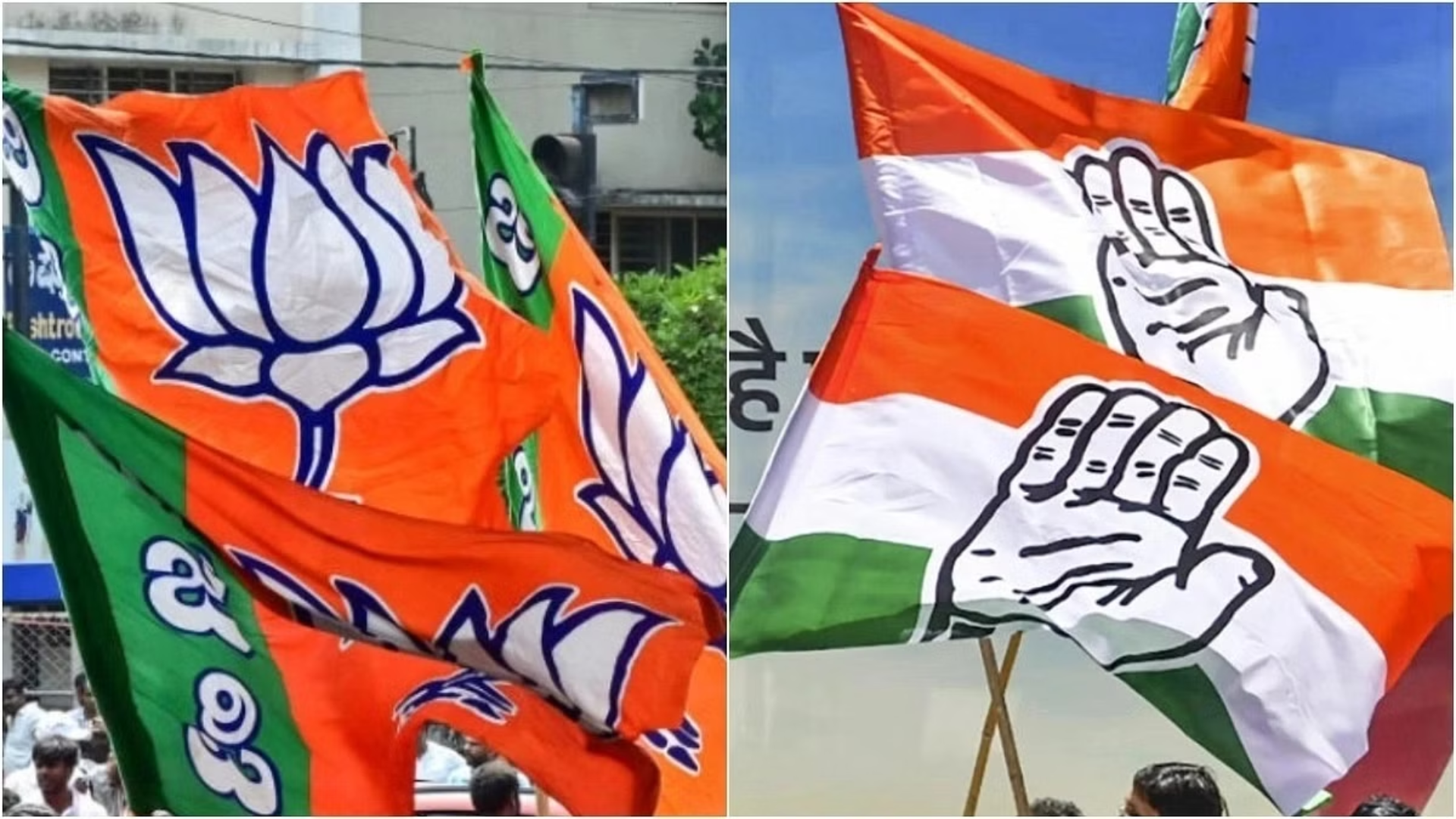In a sharp critique of the Bharatiya Janata Party (BJP) government’s recent notification of the rules for the Citizenship Amendment Act (CAA), Congress leaders have raised concerns over the timing of this decision, suggesting it aims to polarize voters ahead of the upcoming Lok Sabha elections, particularly in the states of Assam and West Bengal.
Congress General Secretary Jairam Ramesh highlighted the prolonged delay in the implementation of the CAA, pointing out that it took the government over four years to notify the rules after the bill was passed in December 2019. According to Ramesh, this delay, coupled with the timing of the notification just before the elections, is indicative of the BJP’s intent to use the issue for electoral gains through social polarization.
Ramesh criticized the government for seeking nine extensions from the Supreme Court, questioning the BJP’s claim of efficiency and prompt action. He argued that if the government were sincere in its efforts, the rules for the CAA could have been introduced much earlier, rather than a month before the elections.
Echoing Ramesh’s sentiments, Congress President Mallikarjun Kharge accused the BJP of engaging in divisive politics with the CAA implementation, describing it as a desperate attempt to sway voters. He emphasized that the timing of the notification is not coincidental but a calculated move by the BJP.
The CAA, which seeks to provide Indian citizenship to persecuted non-Muslim migrants from Bangladesh, Pakistan, and Afghanistan, has been a contentious issue since its introduction. Union Home Minister Amit Shah has defended the act, stating it is meant to offer citizenship, not take it away, and accused opposition parties of provoking the Muslim community against the CAA.
Despite the government’s assurances, the notification of the CAA rules has reignited debates and concerns, especially in politically sensitive regions like Assam and West Bengal, where the impact of the legislation is most debated. The controversy comes at a critical time as the country prepares for the Lok Sabha elections, with political parties scrutinizing each other’s motives and strategies.
The implementation process for the CAA, requiring applications to be submitted online through a designated portal, and the empowerment of district magistrates and home secretaries in nine states to confer citizenship, marks a significant step in the act’s enactment. However, the absence of similar authorities in Assam and West Bengal underscores the complexities surrounding its implementation.
As political parties gear up for the elections, the debate over the CAA and its implications for India’s secular fabric and democratic values continues to unfold, highlighting the deep divisions and political maneuvering that characterize the country’s electoral landscape.

















